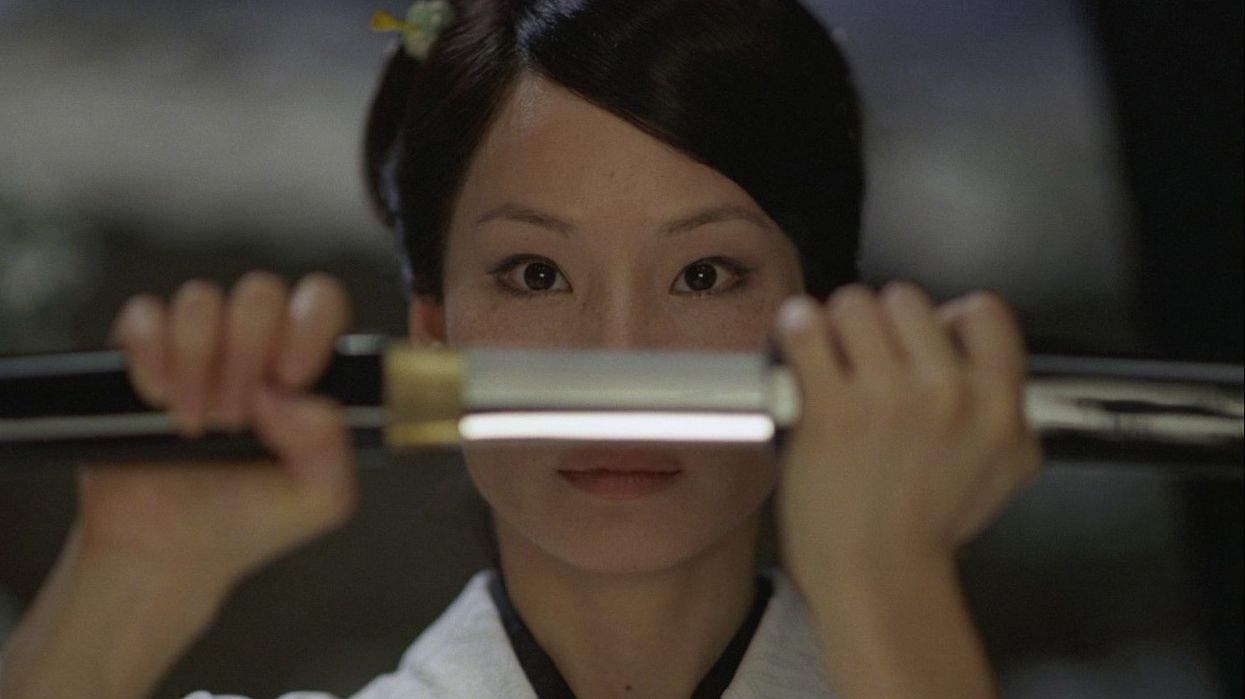Best Video Essays: Your 2016 Cinema Studies Curriculum
Who needs film school with all the informative new video essays out this year?

Video essays have become increasingly popular in the last couple of years. Essayists like Kevin B. Lee, Lewis Bond, and Darren Foley dig into the subjects often reserved for film school classrooms, collectively constructing the future of cinematic education with their videos. This year, we also debuted No Film School's own essay series on various historic cinematic movements. As 2016 draws to a close, let's take a look back at some of the best video essays published this year—which, together, form a pretty solid curriculum for students and lovers of film.
Subjects
Screenwriting and Character Building
It all starts with a script. These video essays will introduce you to many different techniques that are vital to storytelling, like creating dimensional characters and writing great plot twists.
- Introducing characters
- Developing characters
- Creating villains
- How to craft plot twists like David Fincher
- Writing dialog
- Reliable and unreliable narrators
- Case Study: Whiplash vs. Black Swan, the same story told differently
Directors Directing
We can learn so much about what we do and don't want to do in our own films by studying the work of other directors. These video essays explore some of our most prolific craftspeople, inlcuding:
- Quentin Tarantino
- Sergio Leone
- Rob Zombie
- David O. Russell
- Tim Burton
- David Lynch
- Stanley Kubrick
- Alex Ross Perry
- Andrei Tarkovsky
- Pier Paolo Pasolini
Cinematography 202
Cinematography is both a technically and creatively demanding art form, but here are some video essays that will help you understand how its fundamental concepts like composition, camera movement, and even the use of shapes can affect your story visually.
- Telling stories with composition
- Using camera angles to communicate with your audience
- What different geometric shapes mean cinematically
- Case Study: Cinematography and Morality in The Dark Knight
- Case Study: Stillness in The Revenant
- Alejandro González Iñárritu’s visual poetry
Color Theory 101
Color is such an important component of cinematography that it gets its own section. Here are some great studies on how filmmakers have used color to tell richer stories.
- The psychological effects of color in film
- More psychological effects of color in film
- Case Study: How the Color in Sicario Reveals the Battle Between Good and Evil
- Case Study: What Does it Mean When the Coens Use Green?
Editing: Cutting, Timing, and Montage
Much can be learned about the assembly of a film, from the technique of famous editors like Walter Murch to how to manipulate an audience through montage. Here are some video essays worth studying:
- How to know when to cut
- Walter Murch's Rule of Six
- Cinematic manipulation through editing
- When to use match cuts
- Case Study: Cutting on Sound: Learn from the Transitions of Lawrence of Arabia Director David Lean
- Case Study: What Spike Lee's Do the Right Thing Can Teach You About Editing
History of Cinema
Having a well-rounded cinematic education is important if you want to truly be a master at your craft. Learning about the history of the art form is a great place to start, so here are several video essays that will give you a basic introduction, from early influential filmmakers like Charlie Chaplin to different film movements that came to prominence throughout the years.
- Charlie Chaplin's influence on cinema
- Jacques Tati's Visual, Cinematic Comedy
- The history of horror film
- The history of stop motion animation
- Intro to the French New Wave
- Intro to Italian Neorealism
- Intro to New Hollywood
- Intro to German Expressionism
Electives
Of course, no cinematic education would be complete without studying the weird stuff. So, here's some weird stuff.
- The "cinematic interruptions" of Luis Buñuel
- How Lars von Trier makes cinematic depression
- Cinematic metaphors: Stairs
- How to make a coming of age movie
We have covered many more truly great video essays over this past year (as well as before). We encourage you to not only check out the ones that have appeared on No Film School, but to venture out and find ones that speak to you, too.











